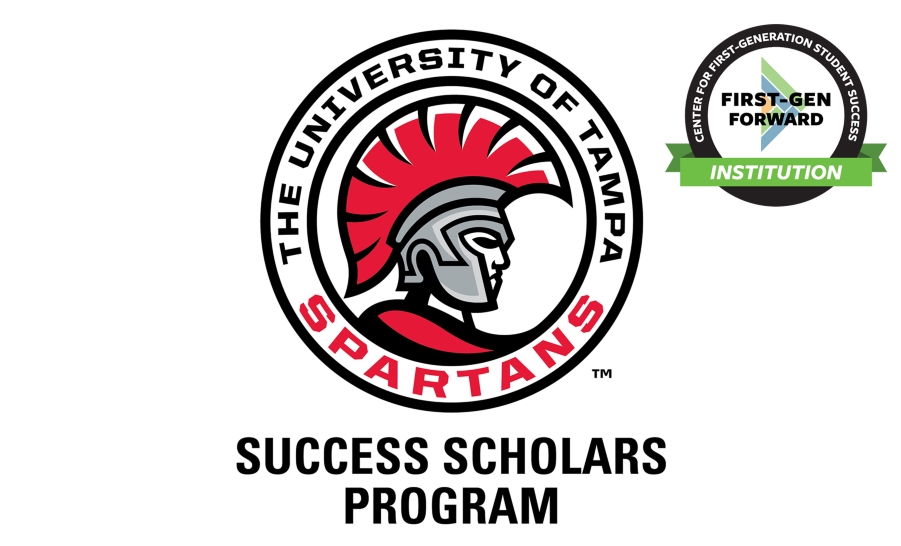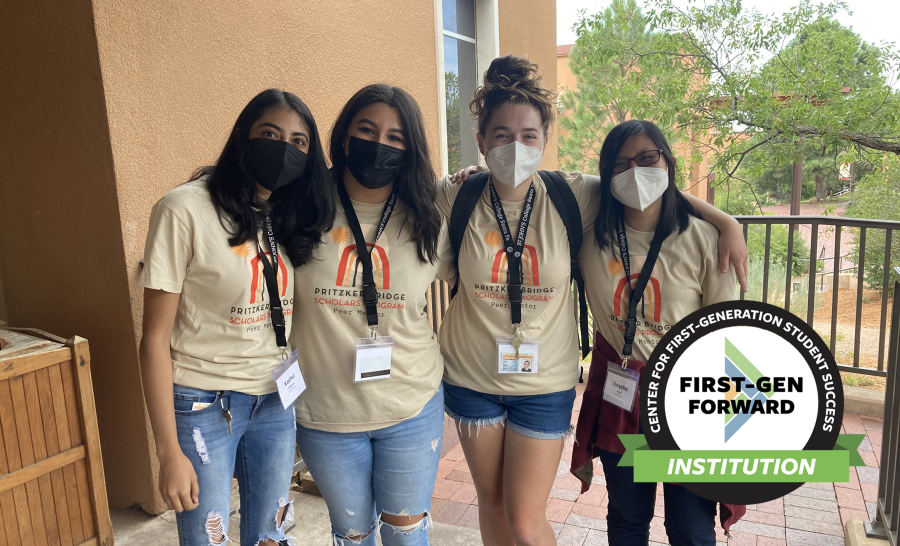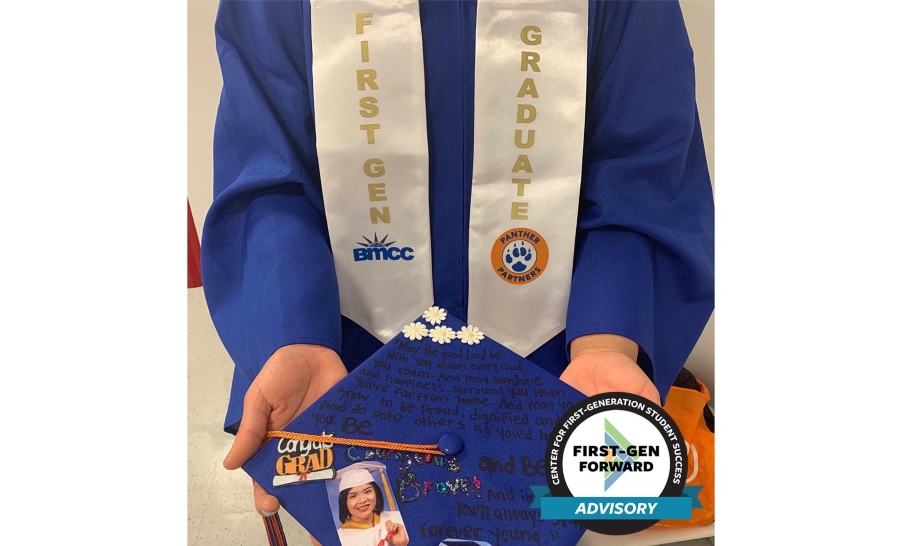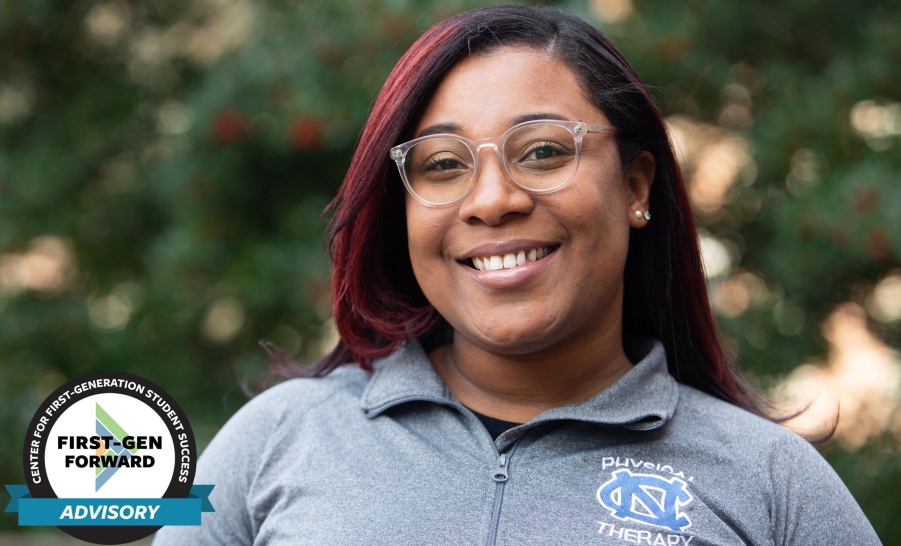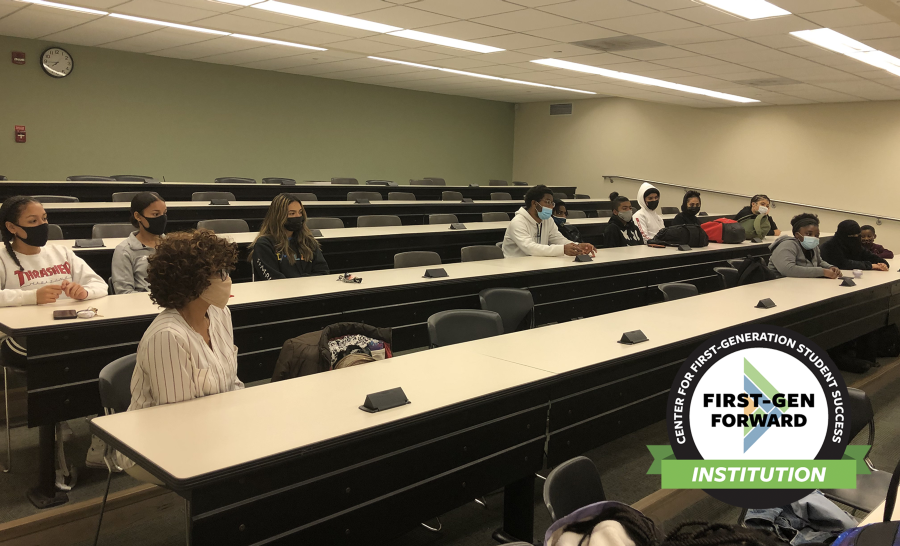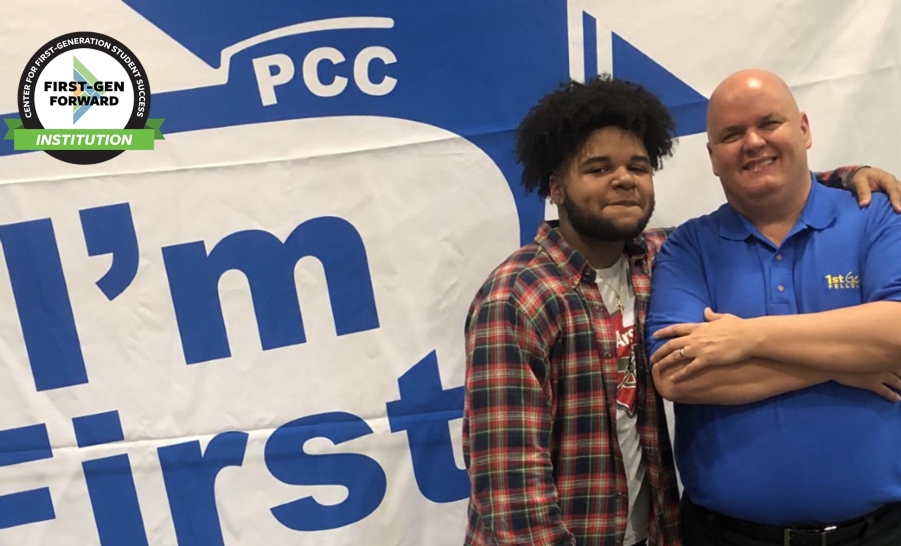A 360° Approach to First-Year Student Success
Mary Margaret Hui, Ed.D., University of Arkansas, Fayetteville / FirstGen Forward / March 24, 2021
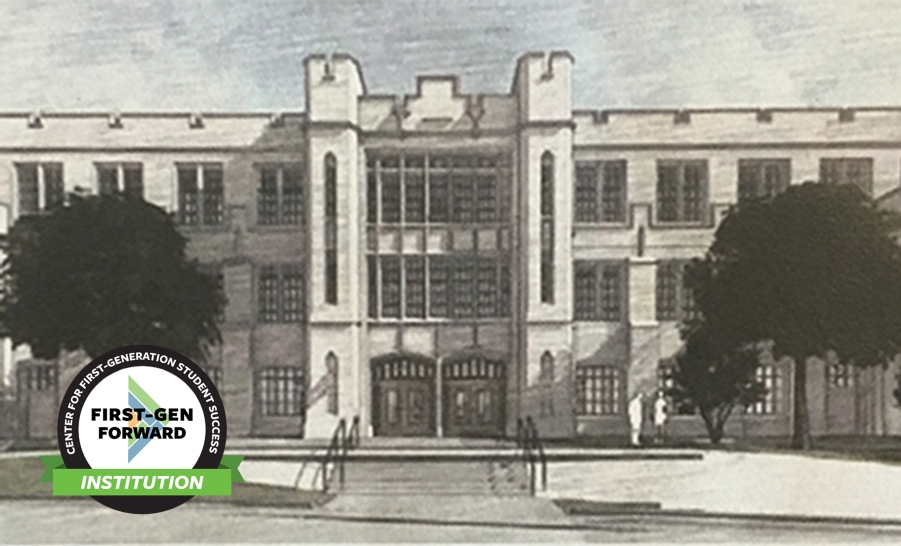
At the University of Arkansas, Fayetteville, we are actively expanding and increasing how we address student success. A major aspect of this service is embodied in our new Student Success Center, opening in Spring 2022. Our center will be the first of its kind in the Southeastern Conference: a one-stop shop for students to receive assistance, including academic advising, tutoring, and academic coaching.
A touchstone of the center is our 360 Program. The 360 Program began in Fall 2018. The name 360 embodies our full-circle approach to student success with academic, social, financial, and wellness support. The 360 Program supports students who identify as first-generation and/or Pell-eligible college students.
We select students using the following criteria:
-
first-time, full-time degree-seeking student
-
declared major in either the J. William Fulbright College of Arts and Sciences or the College of Education and Health Professions
-
identify as first-generation and/or Pell-eligible college student
Our 360 Program divides students into two sub-programs based on on-campus or off-campus residential status. This blog will focus on the on-campus 360 Program as this holds the majority of program participants.
Participation in the 360 Program includes:
-
placement in a specialized University Perspectives course (UNIV 1001, our first-year experience seminar) in the fall semester;
-
an assigned 360 Program faculty advisor who will teach the University Perspectives course and meet with participants regularly throughout their first year;
-
an assigned 360 Program peer mentor who will meet with participants in one-on-one and small group settings throughout your first semester;
-
unique access to Student Success Center events, programs, and supplemental academic support; and
-
consideration for a scholarship intended to assist in covering the cost of required textbooks.
We select students for the 360 Program rather than inviting students to apply. Once selected, our office contacts students during their orientation period to let them know that they will be placed in the specific University Perspectives course and to help answer any questions they might have about the program. These sections include only 360 Program participants so that students can create community with others from similar backgrounds. Additionally, these sections run the full 16-week semester, as opposed to the eight-week sections that are offered with traditional University Perspectives sections. This allows us to provide support throughout the students’ full first semester in college, as a lot can change in a short period of time.
There are currently four 360 Program instructors. Each instructor has a caseload of about 60 students each academic year. Throughout the fall semester and as part of the University Perspectives course requirement, students meet with their instructor three times for academic coaching sessions. Using a strengths-based approach, these sessions allow students and their instructors to establish a strong rapport. The instructor/coach helps students in their college transition and continues to serve as a resource throughout their time at the university. In each session, students might explore different frameworks like Gretchen Rubin’s Four Tendencies or the enneagram to help them learn more about themselves and how they react in times of change and stress—likely experiences in their first-year. Most importantly, instructor/coaches serve as a means to ask the most puzzling questions about the college experience (e.g., “What does FAFSA verification mean?”), including those questions students might be overwhelmed by or be too embarrassed to ask others (e.g., “Where does my dining plan work on campus?”)
The name 360 embodies our full-circle approach to student success with academic, social, financial, and wellness support.
Participation in the 360 Program also includes an assigned peer mentor. Each mentor works with eight to ten students throughout their first semester. Peer mentor meetings are a requirement as part of the first-year experience course, too. Peer mentors are typically sophomores, juniors, or seniors who were previously enrolled in the 360 Program. They offer current participants a chance to connect with someone who has been in their shoes. They meet in individual and group settings to enhance community throughout the program.
We are already seeing increased retention rates from our 360 Program participants. Although it is too early to indicate increased graduation rates, we are excited to improve how we are serving first-generation students through our 360 Program.
For more information on the University of Arkansas, Fayetteville’s approach, please visit their website here.
